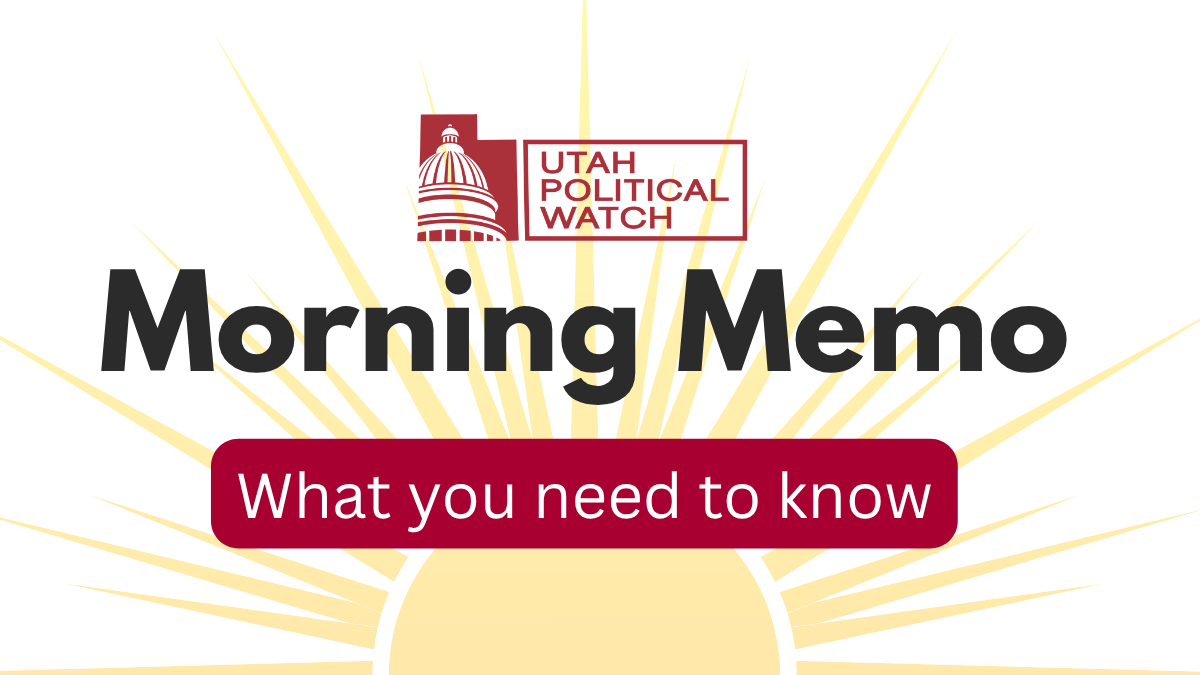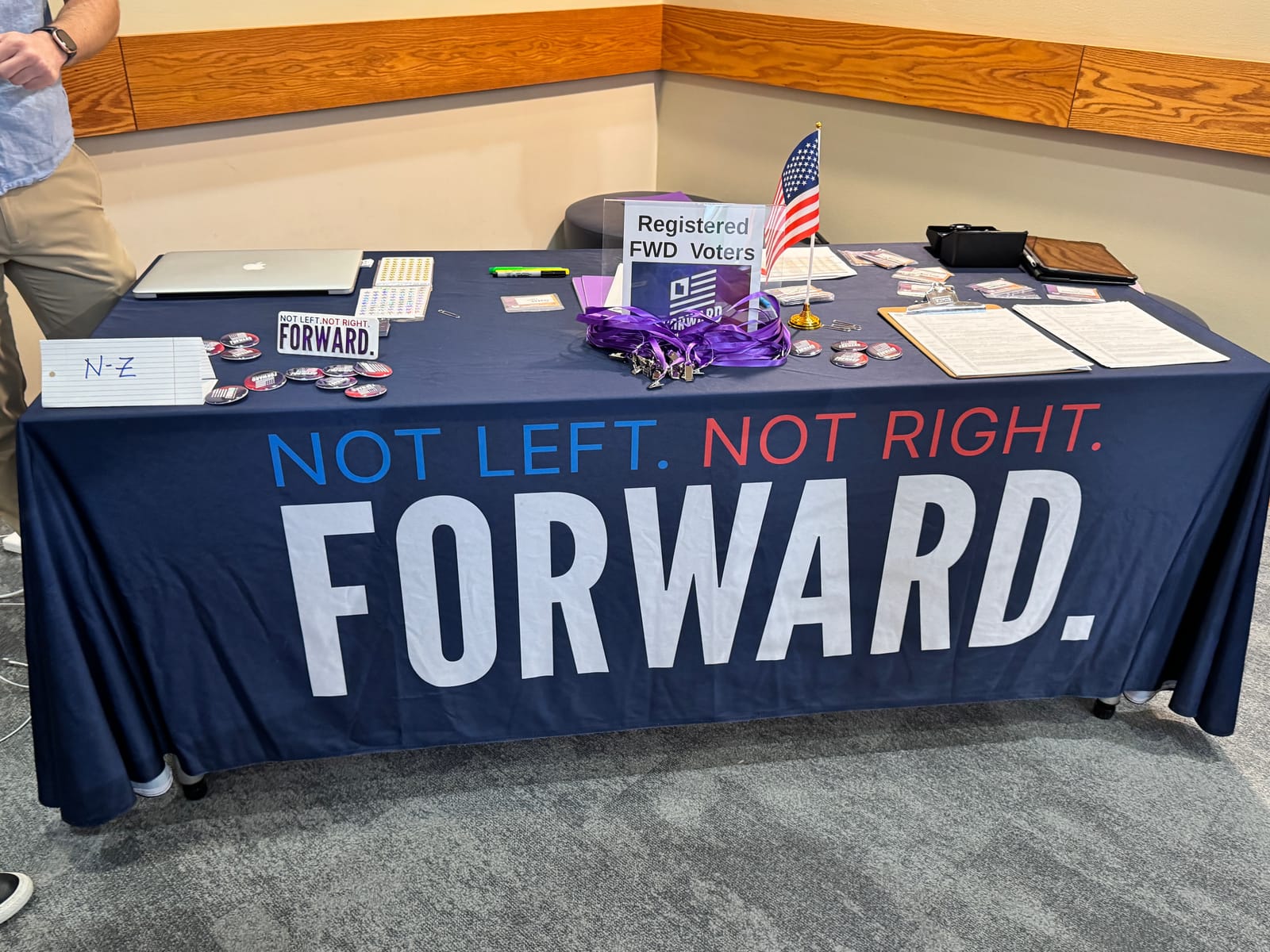Utah Attorney General Derek Brown signed onto a Supreme Court brief Friday arguing that children born in the United States don't automatically deserve citizenship–a position that contradicts 150 years of settled constitutional law and Supreme Court precedent.
Independent Journalism Can't Be Bought or Silenced
No corporate ownership. No billionaire backers. Just accountability reporting that makes powerful people uncomfortable.
Start with our free newsletter or go all-in with a paid subscription and get full access and the knowledge you're funding fearless journalism.
Brown joined two dozen Republican state Attorneys General supporting the Trump administration's effort to change the 14th Amendment through executive order.
The brief argues that the 14th Amendment doesn't grant automatic citizenship simply because a person was born in the U.S., and that the issue is not "settled and beyond debate."
"Conferring United States citizenship requires a more meaningful connection than mere presence by happenstance or illegality," the brief argues.
That argument contradicts the Supreme Court's 1898 ruling in United States v. Wong Kim Ark, which established that children born on U.S. soil are citizens regardless of their parents' immigration status.
On his first day in office, President Donald Trump signed an executive order denying citizenship to children of parents who are in the country illegally. The order directed federal agencies not to issue citizenship documents, like birth certificates, for those children.
The executive order was immediately challenged in court. Three lawsuits from a coalition of Democratic-led states and cities along with organizations like the ACLU sued to block the policy from going into effect. Lower courts ruled that the order was "blatantly unconstitutional" and issued injunctions to prevent it from being enforced.
However, in June the Supreme Court ruled in Trump v. CASA, Inc. that federal courts cannot issue "universal injunctions" that protect non-parties in a lawsuit, but did not rule whether Trump's executive order was constitutional.
Trump's order is currently blocked nationwide due to multiple injunctions. In September, the administration asked the Supreme Court to take up the cases and make a final ruling.
Brown's office declined to comment about why he signed the brief on Friday.
This is not the first time Brown joined other state Attorneys General in support of Trump's attempts to alter birthright citizenship. In February, he signed onto an amicus brief in Delaware supporting Trump’s executive order.







